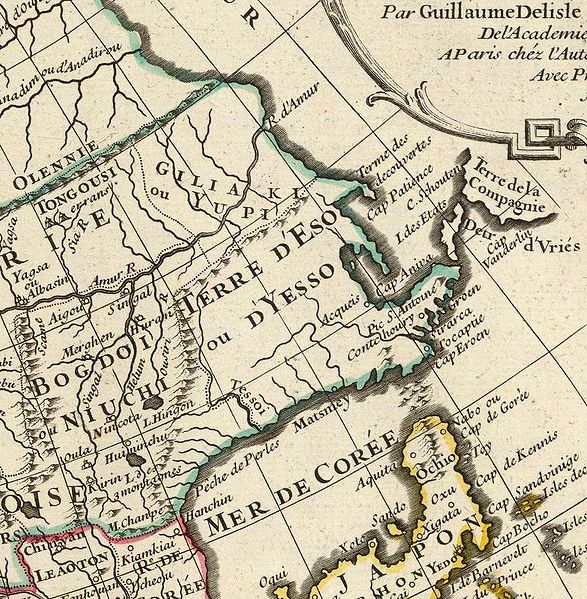
With 16 history professors, diplomats and maritime officials, South Korea sent the third-largest delegation to the 18th International Hydrographic Conference, in Monte Carlo, in April this year. In this case, however, strength did not lie in numbers: At the summit, the International Hydrographic Organization (IHO)rejected Korea’s request to use the name “East Sea” alongside the established “Sea of Japan” to designate the body of water that lies between the Japanese Archipelago and the Korean Peninsula. Instead, it was decided that the exclusive use of the name “Sea of Japan” would continue through 2017, when the next conference is set to take place.
For twenty years, Japan and South Korea have been involved in a diplomatic spat over the name of the body of water in question – which borders Japan, North Korea, Russia and South Korea – and the dispute remains a source of continued frustration for the Koreans. So far, the naming controversy has not led to a direct military clash between the two countries, but, with Japan continuing to favor the status quo, Korea seems to be stepping up efforts to achieve a name change (either to its preferred option, or to the concurrent use of the two terms), thus politicizing the technical question of maritime name designations.
